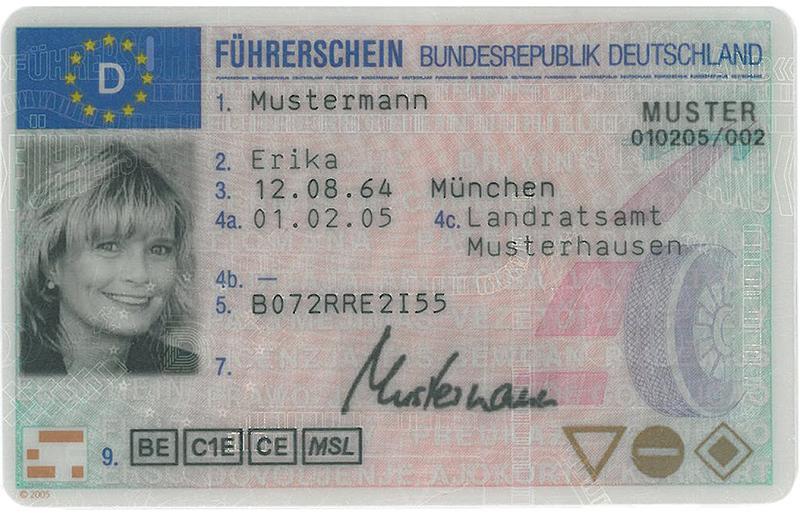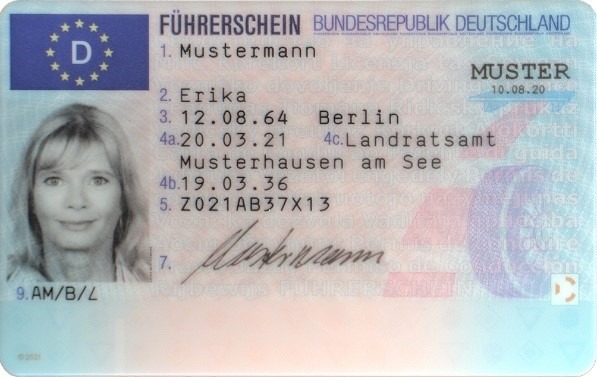Uncategorized
The Ultimate Guide to Passing the German Driving Test
The Ultimate Guide to Passing the German Driving Test
The Ultimate Guide to Passing the German Driving Test Planning to drive in Germany? Whether you’re a foreigner or a local resident applying for a first-time license or converting a foreign one, passing the German driving test is a major milestone. Germany is famous for its strict traffic rules and high driving standards, which means preparation is key.
This detailed guide breaks down everything you need to know to pass the German driving test, including the theory and practical components, costs, tips, and FAQs. With the right mindset and resources, you can ace the exams and hit the road confidently.

Understanding the German Driving Test Structure
Germany’s driving test consists of two parts:
-
Theory Test (Theoretische Prüfung)
-
Practical Test (Praktische Prüfung)
1. Theory Test – What to Expect
The German theory test evaluates your understanding of:
-
Road signs and traffic rules
-
Emergency protocols
-
Driving etiquette
-
Environmental driving
-
Hazard perception
Format
-
Number of questions: 30
-
Language: Available in English and other major languages
-
Passing criteria: Maximum 10 mistake points allowed
-
Location: TÜV or DEKRA testing centers
How to Prepare
-
Use approved apps or online platforms (like Fahren Lernen, iTheorie, or TÜV Lernportal)
-
Study daily and take mock tests
-
Understand German driving culture—not just memorize answers
Cost
-
Approx. €22.49 per attempt
2. Practical Test – What to Expect
The practical driving exam tests your real-world driving skills under various road conditions.
Duration
-
About 45 minutes
-
Includes highway, urban, and residential driving
What’s Tested
-
Basic vehicle checks
-
Proper use of mirrors and signals
-
Lane discipline and speed control
-
Emergency stop
-
Reverse parking
-
Right of way understanding
Requirements
-
At least 12 mandatory driving lessons
-
Plus night driving, autobahn driving, and countryside sessions
Test Language
-
Conducted in German only, though some instructors may assist with basic English.
Cost
-
Exam Fee: €117
-
Additional driving lessons (if required): €30–70 per hour
Documents Required for the Driving Test
-
Valid ID or passport
-
Biometric passport photo
-
Eye test certificate (Sehtest)
-
First aid course certificate (Erste-Hilfe-Kurs)
-
Proof of residence (Meldebescheinigung)
-
Application form from a certified driving school
Best Tips to Pass the German Driving Test
-
Start Early
-
Begin your preparation at least 1–2 months in advance.
-
-
Practice with a Purpose
-
Take focused lessons in areas you struggle with—like parking or roundabouts.
-
-
Use Official Study Tools
-
Apps like Fahren Lernen Max are tailored to the actual exam format.
-
-
Understand the Rules, Don’t Just Memorize
-
The test is designed to check your comprehension of real-life scenarios, not rote learning.
-
-
Get Comfortable Speaking German
-
Especially important for the practical test, as communication with the examiner is in German.
-
-
Mock Exams Help
-
Simulate real test conditions to reduce anxiety and build confidence.
-
Common Mistakes to Avoid
-
Rolling through stop signs
-
Not checking mirrors frequently enough
-
Failing to yield the right of way
-
Driving too slowly or too quickly
-
Poor clutch control or stalling

FAQs
Q1: Can I take the German theory test in English?
Yes. The theory test is available in English and many other languages.
Q2: Is the practical driving test also in English?
No. It is conducted in German. You should learn basic German driving commands.
Q3: How long is the wait between theory and practical tests?
Once you pass the theory test, you can schedule the practical as soon as your instructor believes you’re ready.
Q4: What happens if I fail the test?
You can retake the theory or practical test after a 2-week wait, but you must pay the fee again.
Q5: How many times can I fail the test?
There’s no strict limit, but multiple failures may require a psychological evaluation (MPU), especially if driving errors involve substance use.
Conclusion
Passing the German driving test isn’t impossible—it just requires preparation, focus, and the right mindset. Whether you’re converting a foreign license or applying for the first time, understanding the rules, practicing diligently, and using trusted resources will dramatically increase your chances of success.
Remember, Germany takes driving seriously. Once you pass, you’ll hold a license respected across Europe and beyond. Take the time to prepare properly—and you’ll be on the Autobahn in no time!

